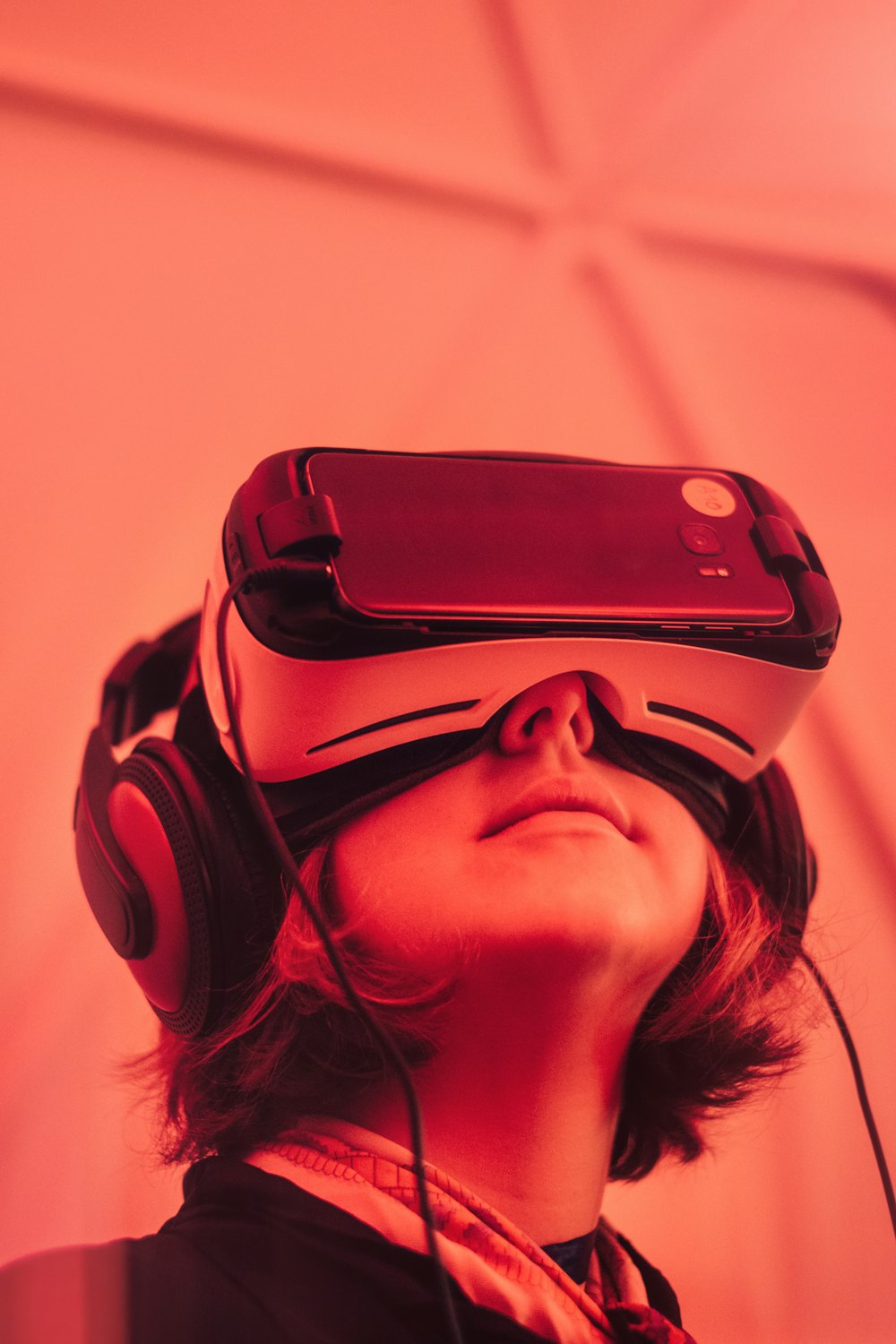 Many mental health professionals have recognized video-gaming as an identified clinical problem but now the WHO (no not the rock band from the ‘60’s, but the World Health Organization) have officially taken notice. Additionally, the United Nations Health Agency is “saying compulsive gaming is a mental health problem.” No Kidding!
Many mental health professionals have recognized video-gaming as an identified clinical problem but now the WHO (no not the rock band from the ‘60’s, but the World Health Organization) have officially taken notice. Additionally, the United Nations Health Agency is “saying compulsive gaming is a mental health problem.” No Kidding!
Gaming is now classified as a specific addiction disorder such as gambling, or an AOD (alcohol and other drugs). Although these experts are stating that 3% of gamers are addicted I assert that this number is noticeably under representative of the true gaming addiction. This discussion is nothing new to mental health arenas. If a new symptom or disorder surfaces the industry at large takes a while to identify, research and design strategies and treatment for the disorder. In this instance, we see the American Psychological Association dragging their bureaucratic and often dinosaurus bones in a 2013 statement about gaming stating “a condition warranting more clinical research and experience before it might be considered for inclusion.” Inclusion, meaning the DSM V...
What is problematic is that the professionals in these organizations have been overly concerned about “stigmatizing too many young gamers.” This is troubling because many of the youth and adolescents are indeed addicted. As a therapist who has worked with teenagers extensively I will tell you clearly. You are not going to have this population come to you saying “Mom, I think I have an addiction with gaming,” or “Dad, I am showing symptoms of addiction with gaming because I am suffering with school ...and my relationships with my siblings ... I dropped out of one of my major school activities. Oh, also my friends stopped texting me to go do stuff because I always say no… I think I spend about 40 hours a week just on gaming.” Really? You think a child is going to even know what meets the criteria for addiction? Furthermore, they not only might not know they have a problem, they, more often than not, would not tell their parents?
So what can we do as parents or a partner of a gamer to assess for addiction? This answer might be simple. Is the gaming taking over one’s daily life? Are they choosing playing videos over primary and extracurricular activities to the point where the activities are noticeably reduced or negatively impacted? If it has not gotten to the the point of needing interventions or treatment I would recommend parent limit the usage per day or week based on the child personality and functionality. So, for example, I would have the parent and child contract to two hours a day of usage (I would include television and surfing into this time). This could also be goaled at 15 hours per week instead of 2 hours per day. Another rule possibility might be no gaming 60 minutes before or 60 minutes after dinner. Or no gaming on family outings (maybe in route to the state park but not at the state park). Include yourself into the gaming process with your child so that you can speak their adolescent language. And lastly, talk to your child about addiction and the truth about gaming.
"Video gaming is like a non-financial kind of gambling from a psychological point of view," said Dr Mark Griffiths, a distinguished professor of behavioral addiction at Nottingham Trent University. "Gamblers use money as a way of keeping score whereas gamers use points."

No comments:
Post a Comment